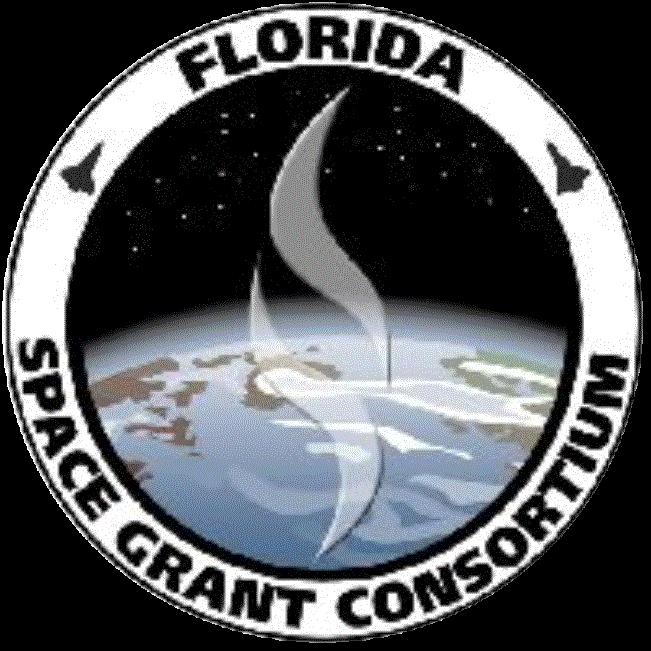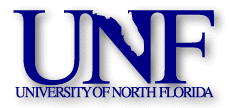

 |
|
 |
The first step in the Florida program consists of conducting a teacher workshop about Structural Biology, Rational Drug Design, and the procedures involved in conducting the classroom protein (lysozyme) crystal growth activity. Then, these teachers conduct the protein crystal growing experiment in their classrooms. Through a competitive process, teachers and students who demonstrate a high level of motivation are selected to participate in another workshop which we call the 'advanced student workshop' In this second workshop, the 'advanced students' learn further information and conduct additional laboratory work in protein crystallization, receive certification in flight experiment production by UCI/NASA personnel, and produce experiment flight sample tubes to be launched on a future space station mission.
History of Advanced Student Workshop and Space Shuttle Launches: The first 'advanced student' workshop was held in June, 1999 at UAH where the first eleven (11) 'advanced students' (called Space Station Student Scientists by UCI) were trained. After a year of conducting teacher workshops and new student activities, a second 'advanced student' workshop was held in Huntsville (June, 2000). Ten (10) 'advanced students' and four (4) teachers were trained and produced flight samples.
The four (4) teacher and twenty one (21) student experiments from the first two UAH workshops were launched by STS-106 (Atlantis) on September 8th, 2000 as one of the first payloads to fly on the International Space Station. The samples were offloaded from the Atlantis orbiter and were transferred to the Russian Zarya control module of the space station for approximately seven weeks. The protein samples were picked up at the station by STS-92 (Discovery) and returned to Earth on October 30th, 2000.
As our Florida program has expanded, we determined that we needed to establish an 'advanced student' flight certification workshop capability in Florida. Working with the Kennedy Space Center (KSC), UCI, and MSFC, the first of these workshops was conducted at KSC from December 17th through the 20th, 2000. Seven UCI/MSFC/NASA personnel traveled to KSC to conduct their portion of the workshop. Two scientist/researcher/educators from UAH/MSFC conducted protein crystallization science modules. The Bionetics Corporation at Cape Canaveral Air Station provided the facilities for this portion of the workshop. KSC sponsored tours of their facilities. Forty three (43) students and twelve (12) teachers from Duval, Clay, Pasco, Brevard, and Dade Counties were trained at this workshop. They returned to KSC on January 16th and 17th to attend a NASA dinner recognizing their efforts and to participate in 'The Stellar Expedition' activity at the U.S. Space Camp. The group returned for a third time to observe the launch of their 'space crystal samples' onboard Atlantis (STS-98) on February 7th, 2001. These samples were picked up at the station and returned to Earth by Discovery (STS-92) on the 100th space shuttle mission.
At this point in our program, we had launched fifty four (54) student and sixteen (16) teacher flight samples into space via the space shuttle to the space station.
From February 8th to 11th, 2002, we completed our second KSC Advanced Student Workshop. Thirty (30) new students and four (4) new teachers were trained and produced protein samples for the next mission, ISS 8a/STS-110. Seven (7) UCI personnel conducted flight sample training and production, this time using Lockheed Martin (Technical Operations) facilities at Space Port in Titusville. Again, Anna Holmes and Felicia Ewing conducted science modules in vapor diffusion crystallization (Holmes) and protein purification from Brazil nuts through dialysis (Ewing). Participants again participated in 'Stellar Expedition' activities at the Astronaut Hall of Fame and at Space Camp. The flight samples produced during this workshop were launched aboard Atlantis (STS-110) April 8th, 2002. These samples were returned to earth by Endeavour (STS-111) in June 2002. These thirty four (34) flight samples brought our total to 104 (84 student and twenty 20 teacher) flight samples to the space station!
This year, we are conducting our fifth Advanced Student Workshop (Third KSC Workshop) during the weekend of February 1st and 2nd, 2003. We are planning on training 32 students and between 8 and 16 new teachers at this workshop. Our tentative launch for the flight samples produced at this workshop is ISS Mission 12a/STS-115 (Endeavour).
Student Mentoring Program: We are currently involved in extending our program for very highly motivated students to include conducting more challenging research projects, working as interns, or participating in advanced summer programs. These students, who we call 'graduate students' have completed the Advanced Student Phase (have produced and launched a flight sample) and are interested in continuing work related to the Protein Crystals in Space program. This program involves linking up the student with appropriate NASA and university mentors under the supervision of their teacher. So far we have had three students enter the University of Central Florida (College of Engineering) Internet Science and Technology Fair (ISTF) competition and were the national winners in the high school category, one student who conducted research into the affect of a magnetic field on the crystallization of Thaumatin and was awarded special recognition by NASA at the Florida State Science Fair, one student who worked as a summer intern at the University of Alabama at Huntsville Structural Biology Laboratory and was selected by UCI to present with them at a workshop on the Biological Crystals in Space Program in Alaska, and one student who participated in the University of Florida Summer Program conducting cancer research.
If you are interested in participating in the program, email Bo Smith at smith_r7@firn.edu